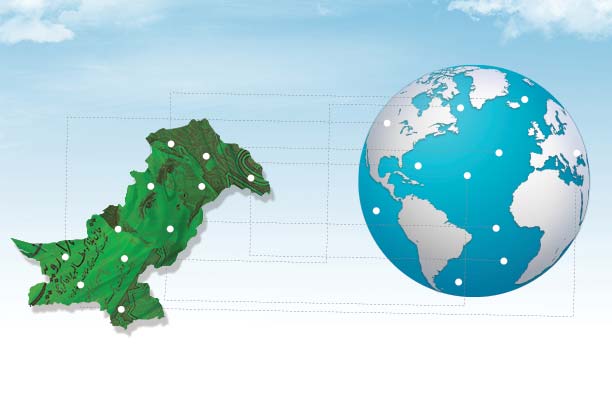KARACHI: Remittance by overseas Pakistanis registered a meager 1 per cent year-on-year (YoY) growth, clocking in at $2.4 billion in November FY22 compared with $2.3bn during November FY21.
On a month-on-month (MoM) basis, remittances declined by 7pc, whereas a growth of 10pc was registered for the current fiscal year clocking in $11.76bn.
“Clear signs that opening of travel restrictions are affecting official remittance,” Topline Securities CEO Mohammad Sohail said.
“While the statistics are not too bad, the trajectory is not encouraging. Bangladesh’s remittances have already dropped back to pre-Covid levels. Ours remained sticky but are now moving in the same direction,” Head of Research at Ismail Iqbal Securities Fahad Rauf said.
The impact of the remittances on the Current Account Deficit (CAD), due to be released in the coming days, remains important especially considering the ramifications it may have on the monetary policy statement due today.
It is pertinent to note that Balance of Payments (BoP) statistics may not be released today.
“Roshan Digital Account (RDA) has also capitalised some of it. The CAD is scary for November. $3bn also remains a possibility,” Rauf added.
A country wise breakdown shows that remittances from Saudi Arabia contracted by 13pc, and others by 2pc, while remittances from UK, EU, and USA rose by 7pc, 20pc, and 28pc, respectively, on a YoY basis.
Earlier in November, the World Bank released a report titled “Migration and Development Brief” wherein it claimed that remittances are likely to remain flat at the presently high levels in 2022 as the one-off effects of government incentives to attract them fade although the Afghanistan factor will continue to sustain flows.
Afghanistan’s fragile economic and political situation emerged as an unexpected prompt of remittance inflows into Pakistan in 2021, the report reads.
The report further stated that Pakistan had another year of record remittances with growth at 26pc, and levels reaching $33bn in 2021.





Pakistan needs on focus on exports so that it doesn’t have to reply so much on the incomming remittances.